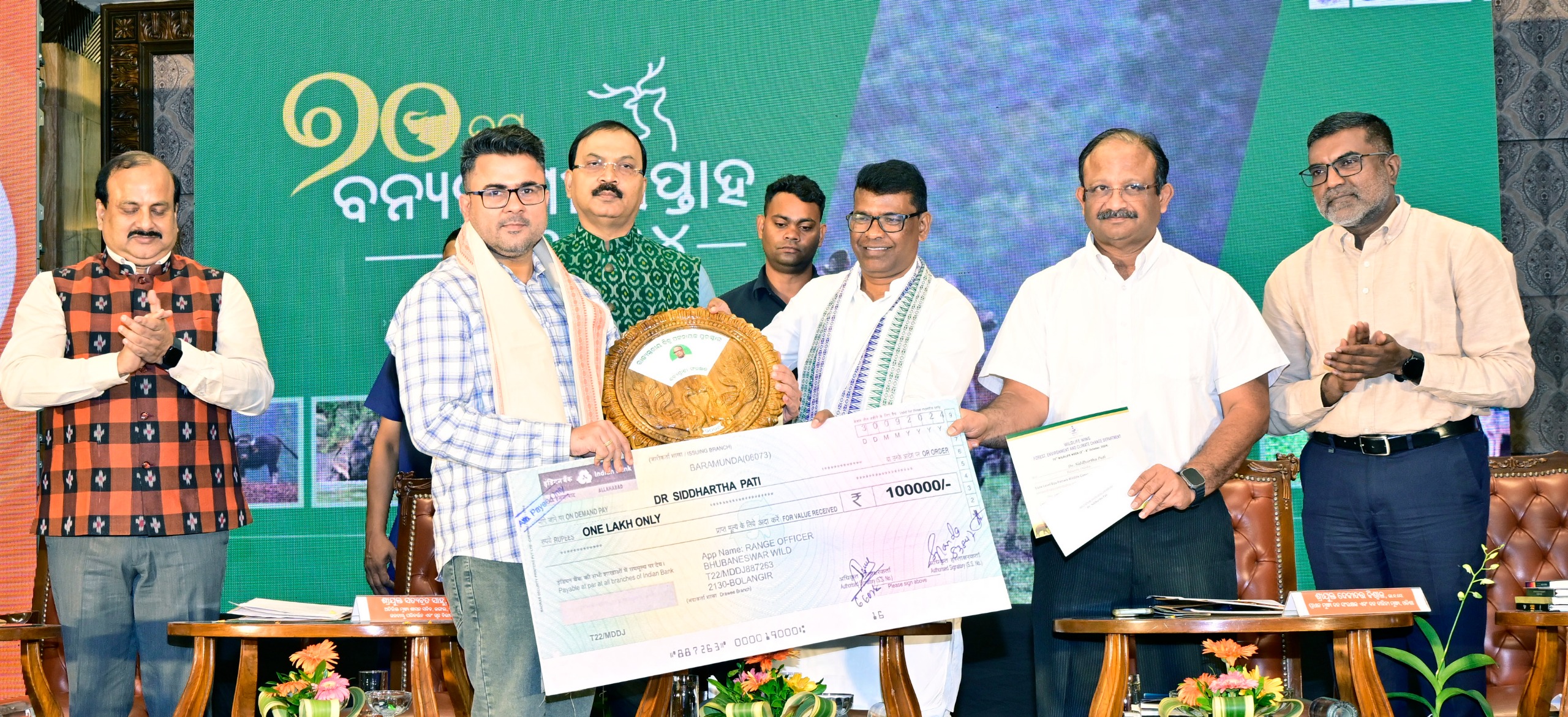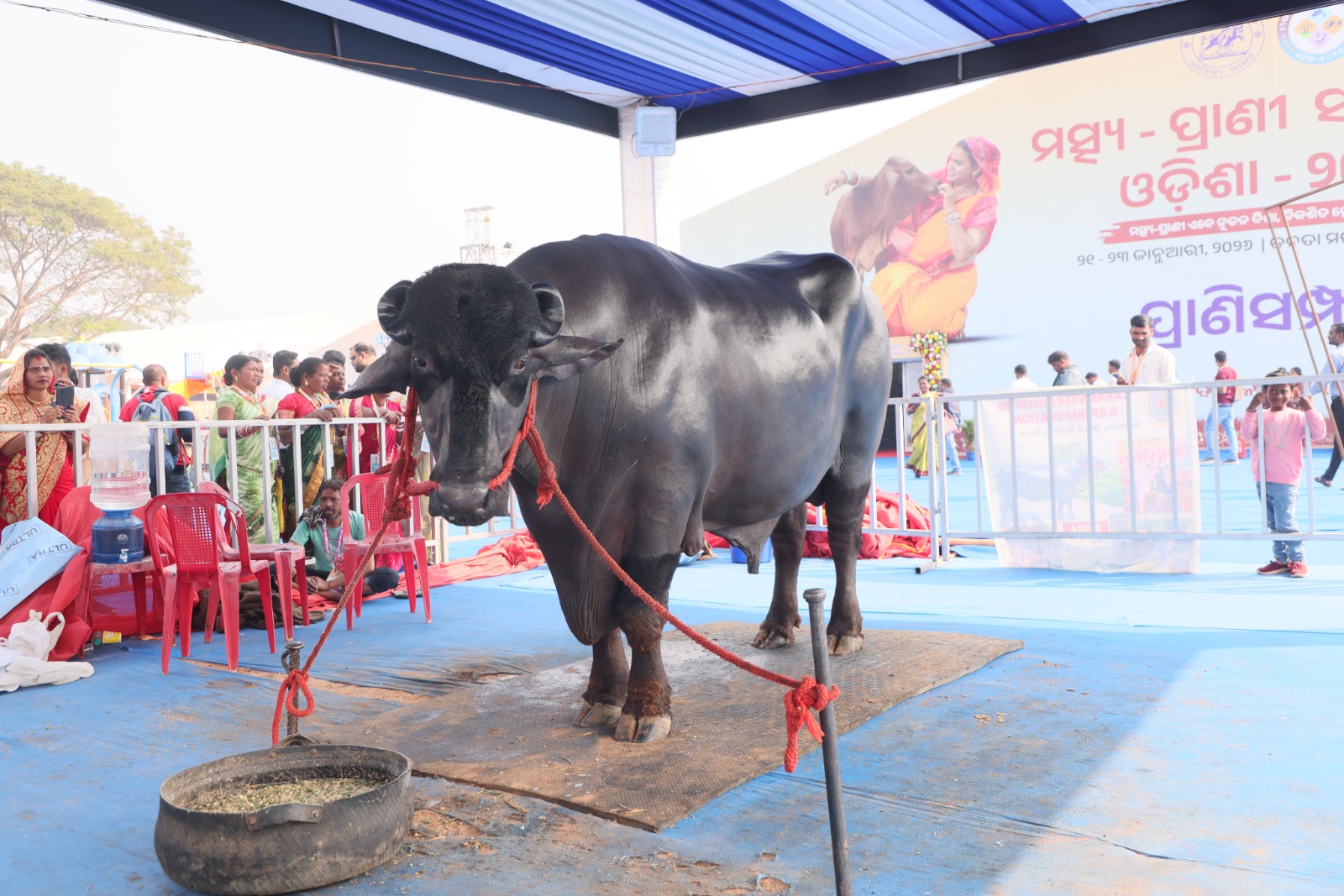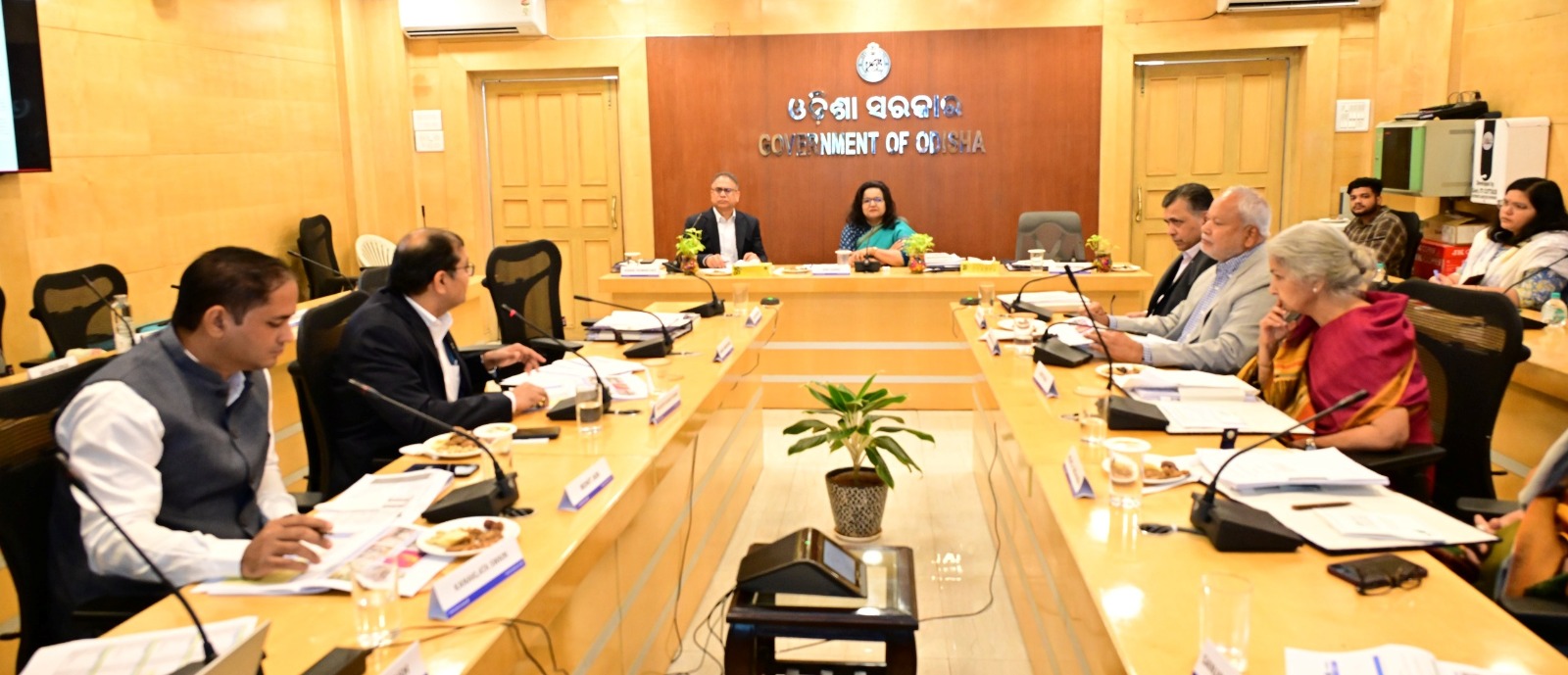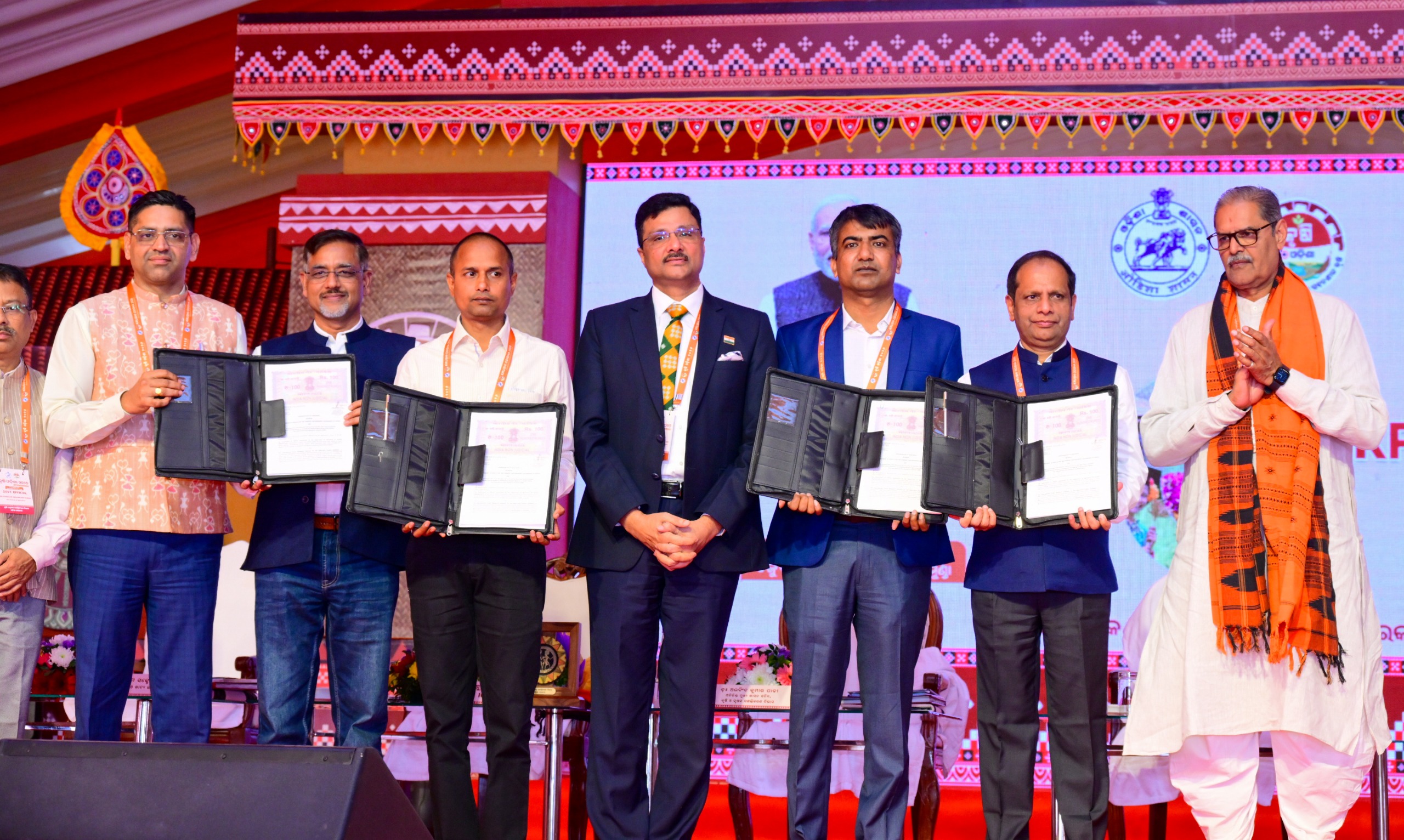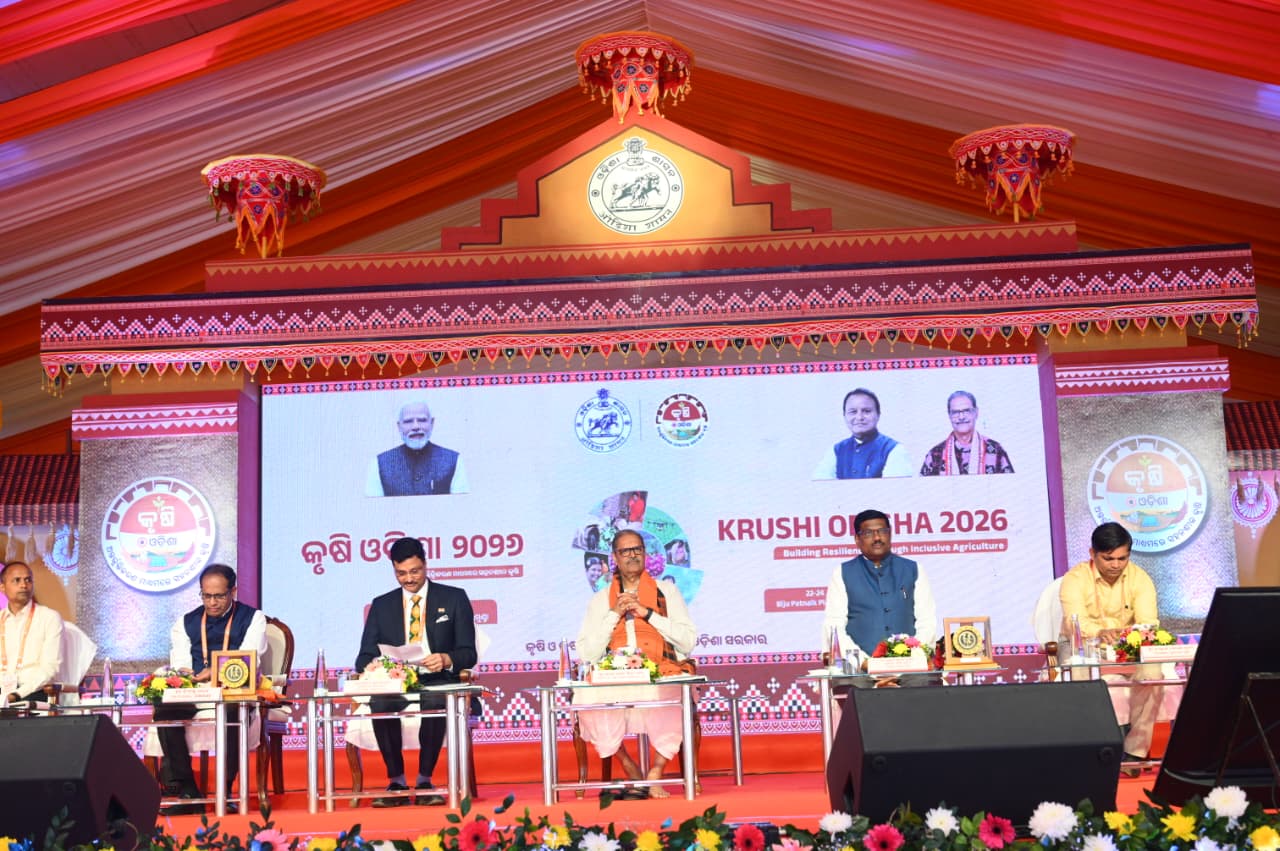Bhubaneswar: In a significant push for wildlife conservation, Odisha’s Minister of Forests, Environment, and Climate Change, Ganesh Ram Singh Khuntia, unveiled new digital tools and reinforced the state’s commitment to safeguarding its rich biodiversity. Speaking at the 70th State Wildlife Week celebrations in Bhubaneswar, the Minister emphasized the critical role of public cooperation, media, and volunteers in the successful implementation of wildlife protection schemes.
Highlighting Odisha’s remarkable achievement of maintaining 36.21% of its geographical area under forest cover—well above the national average—Minister Khuntia stressed that the state’s unparalleled biodiversity is a responsibility shared by all. “The protection of wildlife is not just a government duty but a collective responsibility that defines our cultural values and future legacy,” he said, calling for an increased focus on raising awareness among younger generations to sustain conservation efforts.
The event saw the launch of two key apps—‘PRAHAR,’ a state wildlife crime database, and ‘SARPA,’ aimed at rescuing and rehabilitating snakes found in human settlements—underscoring the state’s technological approach to conservation.
At the event, Minister Khuntia reiterated the importance of balancing human and wildlife coexistence, emphasizing that the loss of biodiversity would have dire consequences for future generations. “Once our precious wildlife is gone, it cannot be restored. Our ancestors will not forgive us if we allow this natural treasure to disappear,” he declared. He also urged that compassion toward wild animals should be as instinctive as the care shown to domestic ones, reminding attendees that Odisha’s ancient tradition of ‘Jibe Daya’ (compassion for all life) should guide modern conservation efforts.
The event was attended by dignitaries from the Department of Forests, Environment, and Climate Change, including Additional Chief Secretary Satyabrat Sahu, who outlined the department’s accelerated initiatives for protecting endangered species and enhancing wildlife habitats. Principal Chief Conservator of Forests, Devidutta Biswal, called for a sensitive approach to managing human-wildlife conflict, which has become a growing concern in the state.
During his address, Principal Chief Conservator of Forests (Wildlife) and Chief Wildlife Warden Sushant Nanda detailed the various programs launched by the state government for wildlife conservation. He highlighted Odisha’s ongoing efforts in habitat development, species protection, and public awareness campaigns, while also unveiling a short film documenting these initiatives.
Several awards were presented to those contributing to wildlife conservation efforts in the state. The prestigious Biju Patnaik Wildlife Conservation Award was conferred upon Dr. Siddharth Pati and Sailendra Narayan Satpathy, who received Rs. 1 lakh each for their exemplary contributions. Wildlife filmmakers Druthiman Mukherjee, Prasenjit Yadav, and Samarendra Das were also recognized for their work in raising awareness through documentaries on Odisha’s wildlife.
In addition to the launch of the PRAHAR and SARPA apps, the event saw the release of five wildlife conservation publications, including Wildlife Odisha, 2024, Debrigarh Wildlife Conservation and Ecotourism, and An Updated Checklist and Bibliography of the Birds of Odisha. Six trailers of wildlife films showcasing Odisha’s rich biodiversity were also premiered, covering topics such as saltwater crocodiles, Irrawaddy dolphins, Olive Ridley sea turtles, and black tigers of Simlipal National Park.
Concluding the ceremony, Minister Khuntia urged all attendees to take proactive steps in supporting conservation efforts. “Wildlife protection is a mission that must unite us all. From students to professionals, each individual has a role in preserving the delicate balance between humans and nature,” he stated, emphasizing that the government’s efforts alone will not suffice without public participation.

